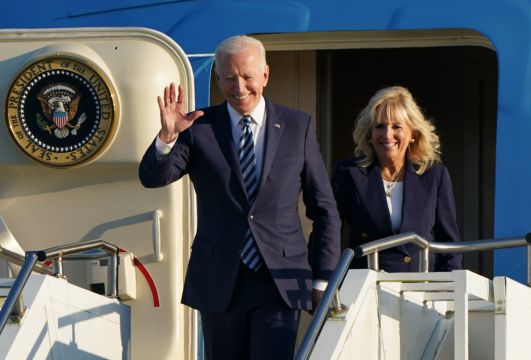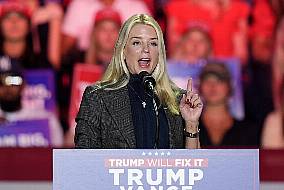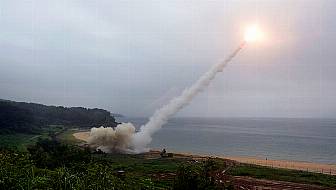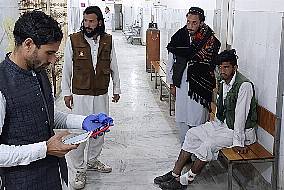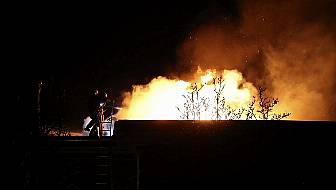US president Joe Biden has arrived in the UK on his first trip abroad since taking office, an eight-day mission to rebuild trans-Atlantic ties strained during the Trump era and to reframe relations with Russia.
The trip tests the Democratic president's ability to manage and repair relationships with major allies who grew disenchanted with then-president Donald Trump's trade tariffs and withdrawal from treaties.
"Will the democratic alliances and institutions that shaped so much of the last century prove their capacity against modern-day threats and adversaries? I believe the answer is yes. And this week in Europe, we have the chance to prove it," Mr Biden said in an article published in the Washington Post.
Mr Biden told reporters as he left the US for Europe that his goals were "strengthening the alliance, making it clear to Putin and to China that Europe and the United States are tight."
His summit with Russian president Vladimir Putin on June 16th in Geneva is the capstone of the trip, an opportunity to raise US concerns directly with Mr Putin about ransomware attacks emanating from Russia, Moscow's aggression against Ukraine and a host of other issues.
'Not seeking conflict'
Speaking to US troops based at Royal Air Force Mildenhall base, a huge American flag behind him, Mr Biden set a tough tone for his meeting with Mr Putin, saying he would "let him know what I want him to know."
"We're not seeking conflict with Russia," Mr Biden said, adding the United States wants a stable, predictable relationship with Russia but that they "will respond in a robust and meaningful way if the Russian government engages in harmful activities."
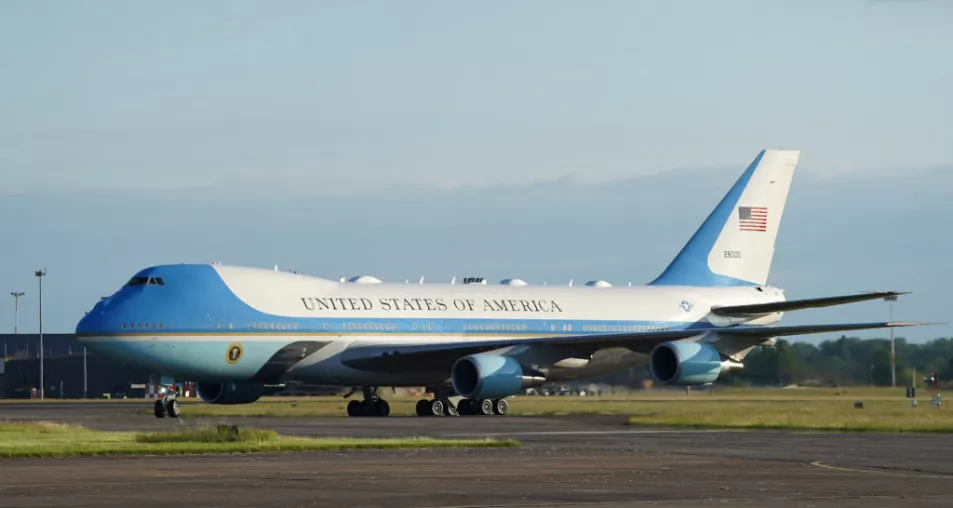
He also comes to Europe with a goodwill gesture, the planned announcement that the US will buy and donate 500 million Pfizer Covid-19 vaccine doses to about 100 countries over the next two years, three sources familiar with the matter told Reuters. The US has faced criticism over securing access to much of the initial stockpile of the most promising vaccines.
Mr Biden will make his first stop of the trip at the seaside village of St. Ives in Cornwall where he will participate in the G7 summit. The meeting is expected to be dominated by vaccine diplomacy, trade, climate and an initiative for rebuilding infrastructure in the developing world. US officials see that effort as a way to counter China's growing influence.
'Special relationship'
Mr Biden will have a meeting with British prime minister Boris Johnson on Thursday in Cornwall, a chance to renew the US-British so-called 'special relationship' after Britain's break from the EU.
They will issue an updated joint statement of principles between the two countries in honor of the original Atlantic Charter from 1941.
But the two men have deep policy issues to discuss, with Mr Biden set to reinforce stalwart US support for the 1998 Belfast Agreement, according to White House national security adviser Jake Sullivan.
Mr Biden and Mr Johnson will also discuss climate change, a proposal to counter China's global influence on infrastructure and the withdrawal of western troops from Afghanistan.
After three days of G7 summitry, Mr Biden and his wife, Jill, will visit Britain's Queen Elizabeth at Windsor Castle. The 78-year-old Mr Biden met the queen back in 1982 when he was a US senator.
Russia & China
Mr Biden then travels to Brussels for talks with leaders of NATO and the EU. The agenda is expected to be dominated by Russia, China and the perennial issue of getting NATO allies to contribute more to the common defence.
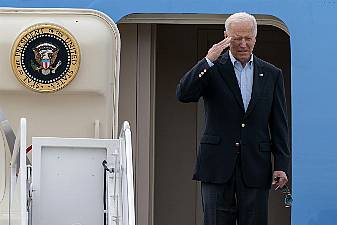
Mr Biden closes out the trip in Geneva for what could prove to be the most difficult meeting of the week - a session with Mr Putin, who had enjoyed friendly relations with Mr Trump.
Mr Sullivan told reporters Mr Biden hoped his G7 and NATO meetings will bolster a sense of allied unity as he goes into his session with Mr Putin, where he will press the Russian president on a variety of US grievances.
No major breakthroughs are expected from the summit. Asked by reporters if his meeting with Mr Putin would yield some accord on cybersecurity, Mr Biden was non-committal.
"Who knows?" said Mr Biden. "It's going to be a subject of our discussion."
